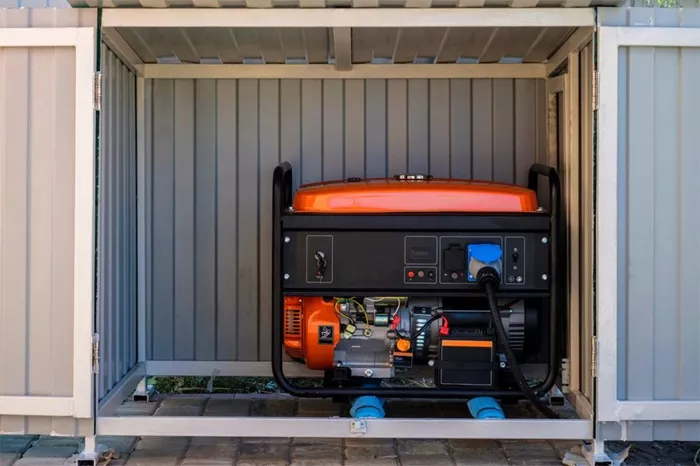Home generators are essential for providing backup power during outages, but one common concern is their noise level. Understanding how loud generators are and what affects their noise output can help you choose the right model for your needs. In this article, we’ll explore generator noise levels, factors influencing sound output, and ways to reduce noise for a quieter operation.
Understanding Generator Noise Levels (Decibels Explained)
Sound is measured in decibels (dB), and the higher the number, the louder the noise. To put it in perspective:
- 30–40 dB: Quiet library or whispering
- 50–60 dB: Normal conversation or light rainfall
- 70–80 dB: Vacuum cleaner or busy street
- 90–100 dB: Motorcycle or lawnmower
- 100+ dB: Chainsaw or rock concert
Home generators typically range between 50 dB and 100 dB, depending on their size and type.
How Loud Are Different Types of Generators?
Portable Generators
Portable generators are the noisiest, usually operating between 65 dB and 100 dB. Smaller models (1,000–3,000 watts) may produce 65–75 dB, while larger ones (5,000+ watts) can reach 85–100 dB.
Inverter Generators
Inverter generators are much quieter, often running at 50–65 dB thanks to advanced noise-reduction technology. They adjust engine speed based on power demand, reducing noise when less power is needed.
Standby Generators
Standby generators (whole-house generators) are permanently installed and run at 60–70 dB when operating. Since they are housed in soundproof enclosures, they are quieter than portable models.
What Affects Generator Noise Levels?
Several factors influence how loud a generator is:
Engine Size and Type
- Larger engines (higher wattage) produce more noise.
- Two-stroke engines are louder than four-stroke engines.
Load Capacity
Generators running at full load are louder than those at half load.
Enclosure and Design
- Open-frame generators are louder than closed-inverter models.
- Soundproof enclosures significantly reduce noise.
Distance from the Generator
Noise decreases with distance. A generator heard at 70 dB from 10 feet away may drop to 50 dB at 50 feet.
How to Reduce Generator Noise
If your generator is too loud, here are some ways to make it quieter:
Use a Soundproof Enclosure
- Install a weather-resistant generator box with ventilation.
- Ensure proper airflow to prevent overheating.
Place the Generator on a Soft Surface
Rubber mats or grass absorb vibrations better than concrete.
Install a Muffler or Baffle Box
Aftermarket mufflers can reduce noise by 10–15 dB.
Position the Generator Away from Living Spaces
Place it at least 20 feet from your home and away from windows.
Opt for an Inverter Generator
If noise is a major concern, choose an inverter model for quieter operation.
Are There Quiet Generators Available?
Yes! Some of the quietest home generators include:
- Honda EU2200i (48–57 dB)
- Yamaha EF2000iSv2 (51–61 dB)
- Generac QuietSource Series (60–66 dB)
These models use advanced technology to minimize noise while delivering reliable power.
Legal Noise Restrictions for Generators
Many cities have noise ordinances that limit generator noise, especially at night. Common restrictions include:
- Daytime (7 AM–10 PM): 60–70 dB max
- Nighttime (10 PM–7 AM): 50–60 dB max
Check local regulations before installing a generator to avoid fines.
Conclusion
Home generators vary in noise levels, with portable models being the loudest and inverter generators the quietest. By understanding decibel ratings, choosing the right generator type, and using noise-reduction techniques, you can enjoy backup power without excessive noise. Always consider local noise laws and prioritize quieter models if noise is a concern.
By following these tips, you can find a generator that balances power output and noise level, ensuring comfort during power outages.

